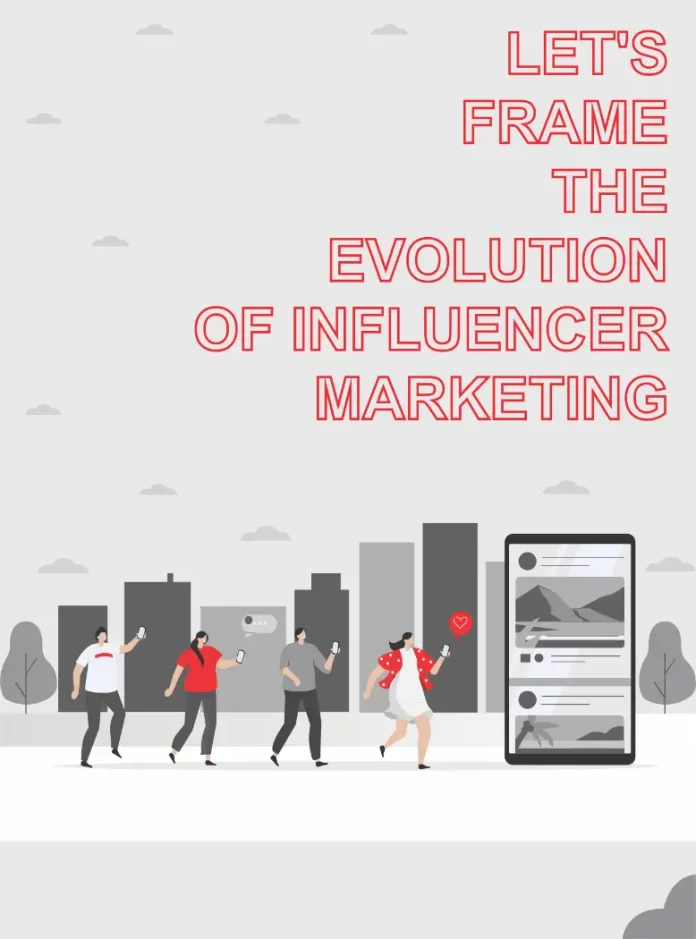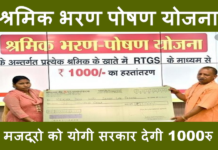Influencer marketing has become a potent force in today’s digitally driven world, revolutionizing how firms interact with consumers. What was once a revolutionary idea has developed into a strategic marketing strategy that makes use of powerful people to engage audiences in real ways. In this essay, the development of influencer marketing is examined, from its early stages to its present position as a formidable marketing force.
Influencer marketing’s inception
The demand for more authentic and sympathetic brand promotion led to the development of influencer marketing. It began to take shape as social media platforms grew in prominence, spawning a new generation of content producers with the ability to alter consumer behavior through their online presence. Brands quickly understood the potential of working with these people to more effectively reach and engage their target consumers.
Early Influencer Partnerships
In the early stages, influencer collaborations were often informal and based on personal relationships. Brands would approach popular bloggers or social media personalities to promote their products or services in exchange for compensation or freebies. These collaborations were marked by a sense of novelty and experimentation, with both brands and influencers discovering the power of their partnership.
Moving from Amateur to Professional
Influencer marketing evolved from a friendly conversation to a more formal strategy as it gained popularity. Influencers started to appreciate their worth and the potential influence they had on how people saw brands. They created media packages, established fee schedules, and laid out partnership policies. Concurrently, brands began investing specific resources for influencer campaigns after realizing the opportunity for a sizeable return on investment.
Types of Influencers are Different
Influencers were first frequently associated with famous people or macro-influencers who had large fan bases. However, when brands became aware of the advantages of working with micro- and nano-influencers, the picture changed. Brands were able to reach more niche markets because to these people’s smaller but highly engaged audiences. Influencers of various sizes now have options to work with businesses thanks to this diversification.
Integrity and authenticity
Influencer marketing becomes increasingly motivated by authenticity. Audiences yearned for real interactions and ties with the influencers they looked up to. As a result, influencers and corporations started putting more effort into producing genuine content that reflected their principles. Transparency also became crucial as influencers disclosed sponsored material to uphold their followers’ confidence and follow changing advertising laws.
Data-Driven Approaches
Data analysis and insights have become increasingly important in campaign design and evaluation as influencer marketing has grown. In order to find the appropriate influencers based on audience demographics, engagement metrics, and brand alignment, brands have started utilizing analytics tools. Better targeted advertising, higher ROI, and improved decision-making when choosing influencer partners were all made possible by this data-driven strategy.
Influencers are incorporated into the overall marketing strategy
Influencer marketing has evolved from being a standalone strategy to being a crucial component of firms’ entire marketing plans. Influencers are now included in product launches, brand awareness campaigns, and even the co-creation of content as brands realize their value. Consistent messaging and stronger connections with audiences are made possible by this integration.
Influencer marketing has transformed from a curiosity to a strategic force, completely altering how brands interact with their audience. It has developed into a platform for narrative, honesty, and trust-building that goes beyond simple product endorsements. To stay ahead in this dynamic and influential marketing environment, organizations must keep tuned into new trends, adjust their strategies, and create lasting partnerships with influencers.



































